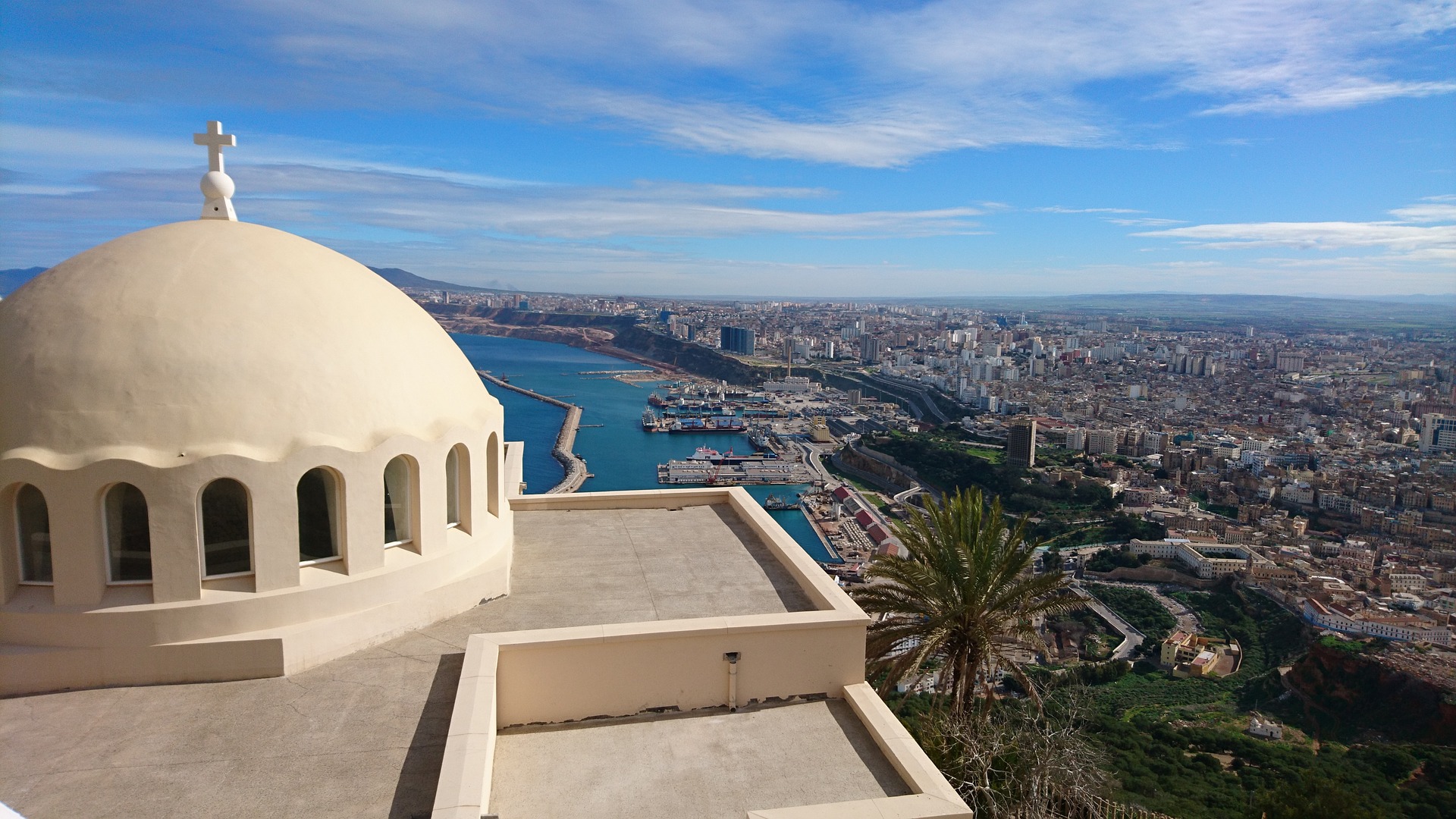After recently reopening three churches, the Algerian government then proceeded to close four others — one of them only days ago

There seems to be an organised anti-religious crusade in Algeria that strongly affects the Christians who live there.
Last year, three Christian churches were reopened in Algeria thus showing the growth of the Christian churches in this Islamic country. Unfortunately, last week, the Algerian government closed a new church. The building that was being used as a temporary church was closed by the police. It was located in the town of Riki, in the province of Bugia. No legal reason was given for its closure.
Over the last few months, the Algerian Church has suffered increased oppression or what seems to be a “well-organised campaign to assert the anti-religious actions of the government”, declared the group ‘Middle East Concern’. Since last November, a nursery-school, and six churches have been closed and several others have been given notice of immediate closure.
Despite the reopening of the churches of Oran, Aïn El Turk and El Ayaida, three other churches were forced to close their doors in Beni Mellikeche, Mâatkas and Azagher in the months of March and April. In all, four churches have been closed, the last one in Riki.
In September of 2017, the church of Riki asked to join the Protestant Church of Algery, otherwise known as EPA, which is the French abbreviation for: ‘Église Protestante d’Algérie’.
The EPA was officially recognised by the government in 1974. However, new laws, passed in 2012, require government approval for all new applicants that wish to register with the EPA. In compliance with this requirement, the Riki church applied to the EPA for membership; their request to join the organisation was refused by the government.
The pastors of the EPA are obviously dissatisfied with government’s laws that are making the affiliation of new churches difficult and also complicating the reopening of places of worship.
Translator: Ildikó Ungvári
Source: PortasAbertas



